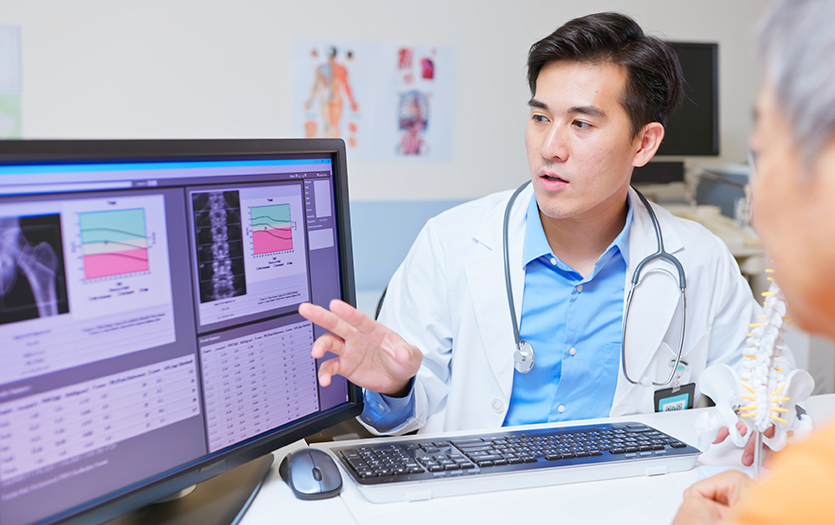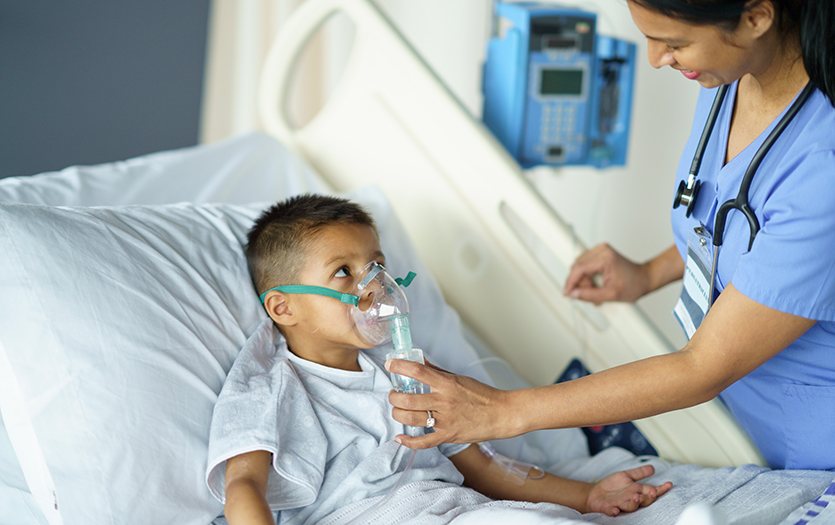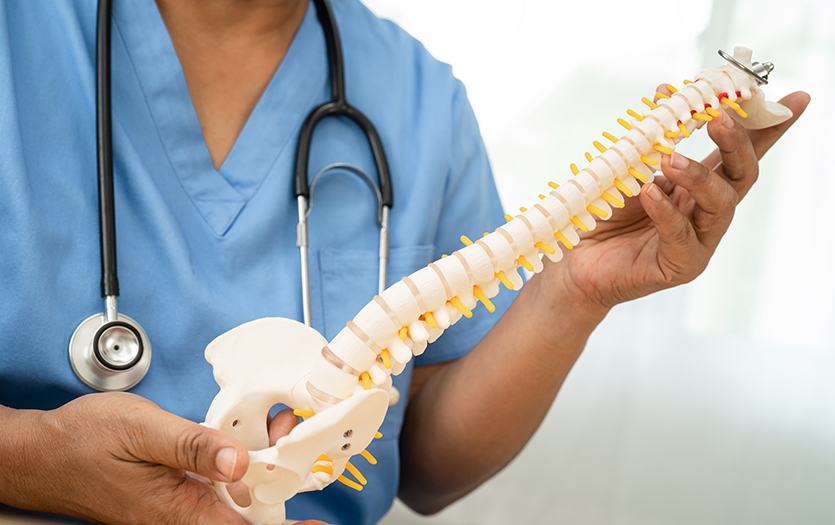
This post was written by Megan Daniels, NP, PPG – Gastroenterology.
Have you ever heard that people with diverticular disease cannot eat popcorn, nuts, corn or seeds? Good news—they probably can! This diet recommendation is a widespread myth. In this post, we'll break down what diverticular disease is and why this guidance is outdated and share practical tips that actually help manage symptoms.
What is diverticular disease?
Diverticular disease occurs when a diverticulum or pouch forms in a weak area of the GI tract, commonly in the colon wall. This condition can present in two forms: diverticulosis or diverticulitis.
Diverticulosis simply refers to the presence of diverticula (pouches). Most people with diverticulosis do not have any symptoms. They are often diagnosed incidentally when completing a test for another reason, such as during a CT scan, colonoscopy or flexible sigmoidoscopy.
However, 15-25% of individuals with diverticulosis will eventually progress to diverticulitis. Diverticulosis affects males and females equally, and the risk of diverticular disease increases with age.
Diverticulitis occurs when there is inflammation in the diverticula, which can lead to an infection. This can cause symptoms like:
-
Pain in the left lower abdominal
-
Nausea
-
Vomiting
-
Diarrhea
-
Fever
How do I prevent diverticular disease?
The reason diverticula form in the colon wall is not completely understood. Many experts believe they develop when high pressure inside the colon pushes against weak spots in the colon wall.
To help prevent complications of diverticulitis, it is essential to reduce any extra pressure within your colon.
-
Prevent constipation or hard stools. Extra straining and hard particles can irritate the diverticulum, which can lead to a diverticulitis attack.
-
Eat a high-fiber diet. Fruits and vegetables are a good source of fiber, which can help bulk up the stools and prevent the development of a new diverticula or an episode of diverticulitis.
-
Drinking plenty of water and exercising can help keep your bowel movements regular as well.
At one time, popcorn, nuts, corn and seeds were believed to worsen the symptoms of diverticulosis due to the potential for small, undigested pieces to get caught in the pockets of the colon. However, there is little evidence to support this advice. In moderation, these foods can be a great source of fiber.
When do I call my healthcare provider?
Mild attacks of diverticulitis, with few symptoms of infection or inflammation, sometimes resolve without treatment. In most cases, doctors prescribe oral antibiotics and suggest a clear liquid diet to rest the bowel until it isn't inflamed.
Seek immediate medical attention if you are not better after 3 days or experience one or more of the following symptoms:
-
Temperature above 100.4°F
-
Worsening or severe abdominal pain
-
Inability to tolerate solids or liquids
How is diverticular disease treated?
If diverticulosis is found during testing, most people do not need treatment. There is no cure for diverticulosis, but focusing on preventive habits can help manage the condition and minimize flare-ups and complications.
If you are experiencing inflammation or infection in your diverticula, treatment can vary. Some people may receive an antibiotic, but current research shows similar outcomes regardless of antibiotic use. Your provider may recommend them depending on the severity of your symptoms and overall health. They may also prescribe medicine to help control pain and suggest that you follow a liquid diet, typically for 2-3 days.
In rare cases, surgery may be necessary to remove the damaged part of the colon. If the inflammation is severe or if the colon is too compromised to reconnect, a colostomy or ileostomy might be performed.
Final thoughts
Even if you've been diagnosed with diverticular disease, you do not have to restrict your diet. Don't be afraid to enjoy an ear of corn or other fiber-dense snacks throughout this barbecue season and beyond. If you have further questions or concerns, be sure to discuss them with your primary care provider or schedule an appointment with a gastroenterologist.
To learn more about Parkview's gastroenterology services, visit us here. If you're interested in establishing care with one of our providers, call our 24/7 scheduling center at 206-785-2631.



